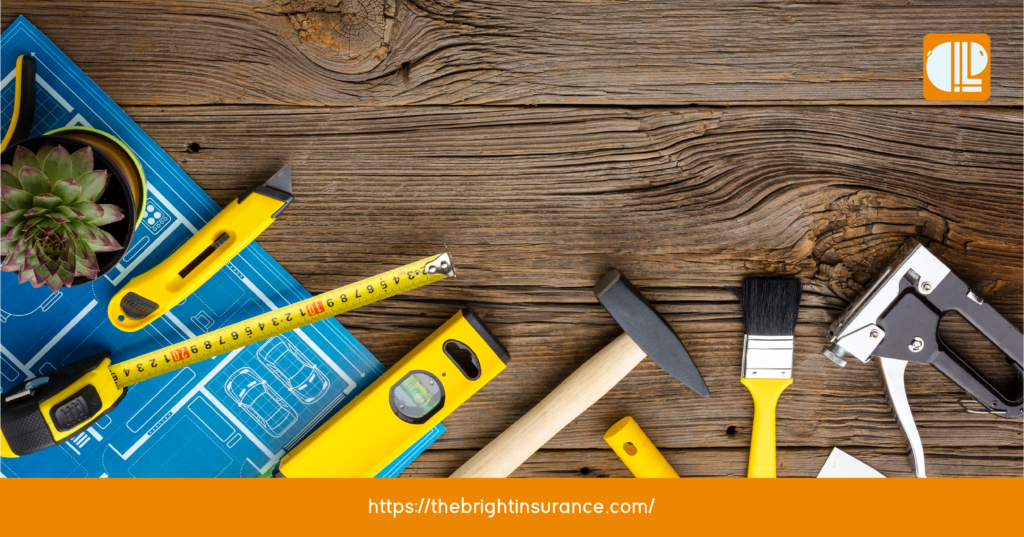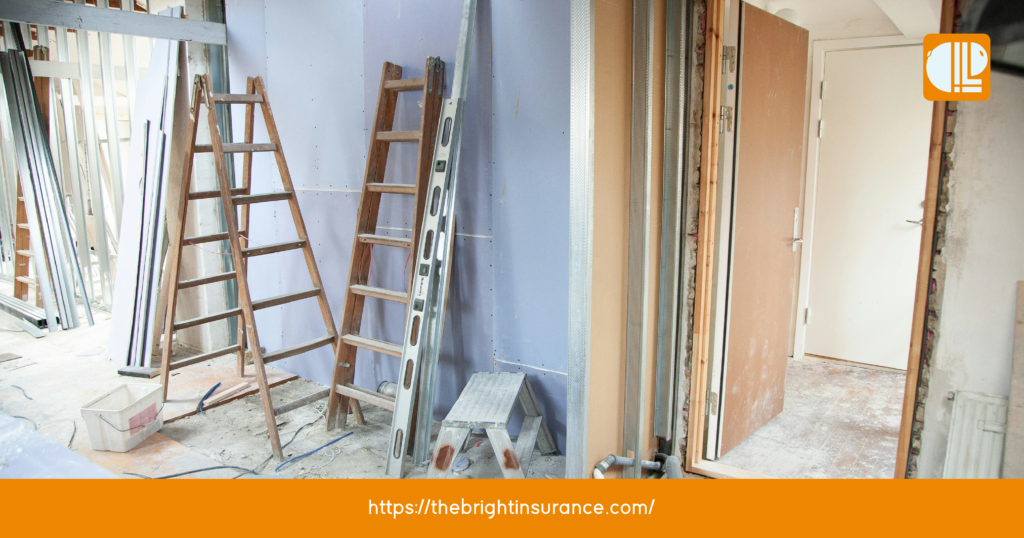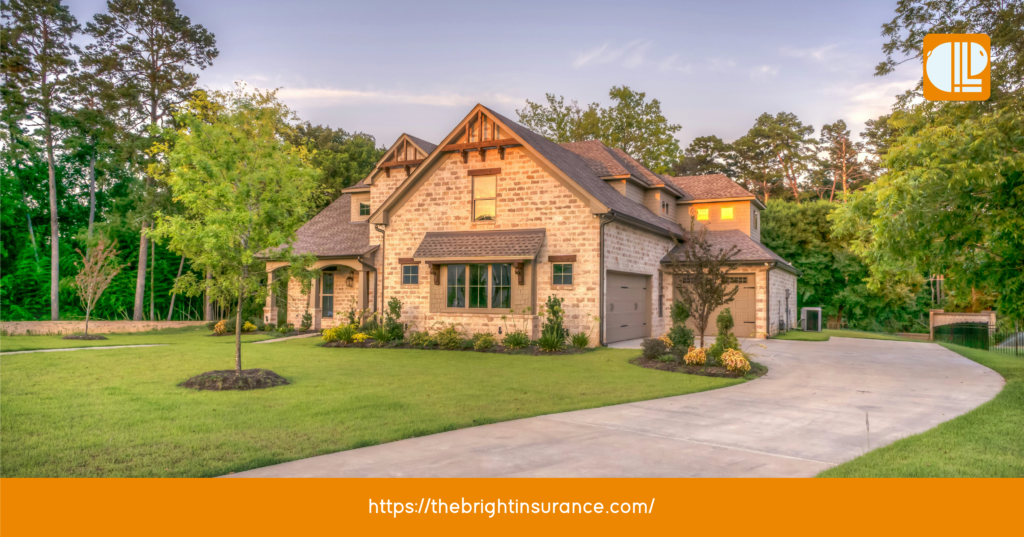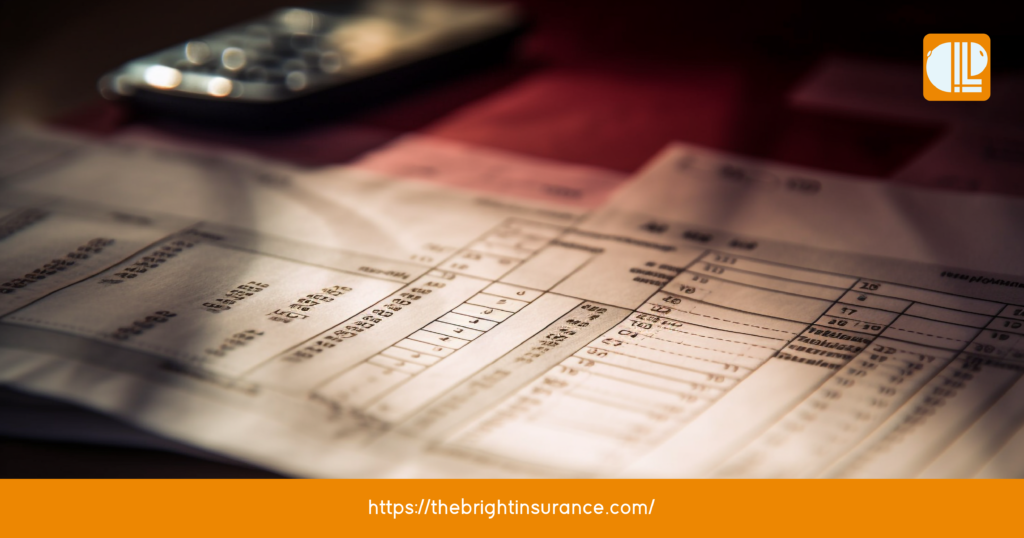Homeownership: Unveiling the Hidden Costs
Homeownership extends beyond the satisfaction of having a place to call your own. While many people focus on visible costs like the down payment and mortgage, numerous hidden costs are associated with owning a home. Understanding these hidden expenses is crucial for effective financial management. It ensures your home remains a source of joy, not financial strain.
In this comprehensive guide, we’ll explore the various hidden costs of homeownership. We’ll offer insights into each and provide strategies to manage these expenses effectively.
1. Property Taxes

Property taxes are a recurring expense that homeowners must pay to their local government. These taxes are based on the assessed value of your property and the local tax rate, which can vary widely.
Understanding Property Taxes
Property taxes help fund essential community services, including public education, emergency services, and infrastructure maintenance. The rate at which property taxes are assessed can differ significantly depending on your location. Properties in urban areas or wealthy neighborhoods may face higher tax rates due to increased demand for local services.
Managing Property Taxes
To manage property taxes effectively, start by researching your local tax rates. Understand how they impact your budget. Recognize that property taxes can increase over time due to changes in property values or local tax rates. Plan accordingly by setting aside funds specifically for this expense.
2. Home Maintenance and Repairs

Maintaining and repairing your home is a substantial ongoing cost. It varies based on the age, condition, and size of your property. Regular upkeep and addressing issues promptly are crucial to avoid larger problems.
Routine Maintenance
Routine maintenance tasks include cleaning gutters, servicing HVAC systems, and repainting. These activities are essential for preventing more significant issues from developing. They extend the longevity of your home’s systems and structure. Regular maintenance helps to keep your property in good condition and can prevent costly repairs down the line.
Unexpected Repairs
Unexpected repairs can arise from issues such as plumbing leaks, electrical failures, or roof damage. These repairs often require immediate attention to prevent further damage. They can be financially burdensome. Establish an emergency fund specifically for home repairs to handle these unexpected expenses without disrupting your budget.
3. Homeowners Insurance

Homeowners insurance is vital for protecting your property and possessions. However, the cost of coverage can sometimes exceed expectations. This insurance covers damage to your home and belongings due to various risks.
Understanding Insurance Costs
The cost of homeowners insurance is influenced by several factors, including the value of your home, its location, and the level of coverage you choose. Homes in areas prone to natural disasters or those with higher values often incur higher insurance premiums due to increased risk and potential for higher payouts.
Choosing the Right Coverage
To manage homeowners insurance costs effectively, compare quotes from multiple insurance providers. Evaluate the coverage options offered. Consider increasing your deductible to lower your premium. Explore discounts that may be available, such as those for installing security systems or bundling multiple insurance policies.
You might like: Homeowners Insurance: What It Covers, Why It Matters, and Choosing the Right Policy
4. Utility Costs

Utility bills are a regular expense that homeowners need to budget for, including services such as electricity, water, gas, and sewer. These costs can vary significantly depending on several factors.
Estimating Utility Costs
Utility costs can be influenced by the size of your home, the number of occupants, and your energy usage habits. Larger homes with more appliances generally incur higher utility bills. Additionally, seasonal changes can affect utility costs, with higher heating expenses in winter and increased cooling costs in summer.
Reducing Utility Bills
To manage utility costs, implement energy-saving practices. Use energy-efficient appliances, insulate your home properly, and regularly maintain HVAC systems. These measures can help reduce your energy consumption and lower your monthly utility expenses, making your home more cost-effective to run.
5. Homeowners Association (HOA) Fees

If you purchase a property within a homeowners association (HOA) community, you will likely be required to pay HOA fees. These fees contribute to the maintenance and management of common areas and community amenities.
Understanding HOA Fees
HOA fees cover a range of services and amenities, such as landscaping, pool maintenance, and security. The amount you pay in HOA fees can vary widely depending on the community’s amenities and services. Communities with extensive amenities or higher levels of service may have higher fees.
Budgeting for HOA Fees
When budgeting for HOA fees, review the community’s fee structure. Understand what services and amenities are included. Be aware that HOA fees may increase over time. Plan for potential fee adjustments by incorporating these costs into your long-term financial strategy.
6. Home Improvements

Home improvements can enhance your living space and increase your property’s value. However, they come with additional costs beyond the initial purchase of the home.
Planning Home Improvements
Home improvement projects, such as remodeling a kitchen or adding a new bathroom, can be costly. These costs can vary based on the scope and quality of the project. They include materials, labor, and permits. Proper planning and budgeting are essential to avoid overspending and to ensure that improvements align with your financial capabilities.
Managing Improvement Costs
To manage home improvement costs, set a realistic budget. Seek multiple quotes from contractors. Prioritize projects based on necessity and potential return on investment. Consider building an emergency fund to cover unexpected expenses that may arise during the renovation process.
7. Landscaping and Lawn Care

Maintaining the exterior of your property, including landscaping and lawn care, involves ongoing costs that can add up over time.
Landscaping Expenses
Landscaping expenses can include planting, lawn maintenance, and irrigation systems. The size of your yard and the complexity of your landscaping design will influence the costs. Regular maintenance is essential to keep your yard in good condition and enhance the visual charm of your property.
Maintaining Your Landscape
To manage landscaping costs effectively, consider performing some of the work yourself. Alternatively, hire a local landscaping service. Regular upkeep can prevent overgrowth and maintain the aesthetic appeal of your property. Professional services can help manage more complex landscaping needs.
8. Pest Control

Pest control is an often-overlooked expense that can become necessary if pests invade your home. Effective pest management is crucial to maintaining a healthy living environment.
Understanding Pest Control Costs
Pest control services are required to address issues such as termites, rodents, or insects. The costs associated with pest control can vary based on the type of pest, the severity of the infestation, and the treatment required. Regular inspections and preventive measures can help manage these costs.
Preventing Pest Infestations
To reduce the likelihood of pest problems, implement preventive measures. Seal entry points, maintain cleanliness, and schedule regular pest inspections. Early detection and intervention can help avoid more extensive and costly pest control treatments.
9. Closing Costs

When purchasing a home, closing costs can add a significant amount to your overall expenses. These costs are incurred during the final stages of the home-buying process.
What Are Closing Costs?
Closing costs include various fees such as appraisal fees, inspection fees, title search fees, and loan origination fees. These costs typically range from 2% to 5% of the home’s purchase price. Understanding these costs and budgeting for them in advance is essential to avoid financial surprises.
Planning for Closing Costs
To effectively plan for closing costs, obtain a Good Faith Estimate (GFE) from your lender. This document outlines the expected fees. Save for closing costs in advance and consider negotiating with the seller to cover some of these expenses, if possible.
10. Property Management Fees

If you choose to rent out your property, you may incur property management fees for handling various aspects of rental management.
Understanding Property Management Fees
Property management fees cover the cost of managing rental properties. This includes finding tenants, handling maintenance requests, and collecting rent. These fees are typically a percentage of the rental income and can vary based on the level of service provided.
Budgeting for Property Management
When budgeting for property management fees, factor these costs into your rental income projections. Research local property management companies and compare their fees and services to ensure you find the best value for your needs.
Conclusion
Homeownership involves various hidden costs that go beyond the initial purchase and mortgage payments. By understanding these hidden expenses and planning accordingly, you can better manage your finances and maintain a positive homeownership experience. From property taxes and maintenance to insurance and utility costs, being aware of these additional expenses will help you make informed decisions and keep your budget on track.
Also read: How Homeowners Insurance Can Save You From Fire Losses
Frequently Asked Questions
1. What are the hidden costs of homeownership?
Hidden costs of homeownership include property taxes, home maintenance and repairs, homeowners insurance, utility costs, HOA fees, home improvements, landscaping, pest control, closing costs, and property management fees.
2. How can I manage unexpected repair costs?
To manage unexpected repair costs, establish an emergency fund dedicated to home repairs and maintenance. Regularly maintain your home to prevent major issues. Consider purchasing a home warranty for additional protection.
3. What should I consider when budgeting for utility costs?
When budgeting for utility costs, take into account the size of your home, the number of occupants, and seasonal variations in energy use. Implement energy-saving practices and maintain appliances to reduce utility expenses.
4. Are HOA fees negotiable?
HOA fees are generally set by the homeowners association and are not usually negotiable. However, understanding the fee structure and what services are covered can help you budget accordingly.
5. How can I estimate closing costs for a home purchase?
Estimate closing costs by obtaining a Good Faith Estimate (GFE) from your lender. Save for these costs in advance and consider negotiating with the seller to cover part of these expenses, if feasible.








Usually I do not read article on blogs however I would like to say that this writeup very compelled me to take a look at and do it Your writing style has been amazed me Thank you very nice article
Thank you so much! Your feedback is much valuable.
Thanks I have recently been looking for info about this subject for a while and yours is the greatest I have discovered so far However what in regards to the bottom line Are you certain in regards to the supply
Thank you so much! Your feedback is much valuable.
Business dicker Pretty! This has been a really wonderful post. Many thanks for providing these details.
Thank you so much! Your feedback is much valuable.
La weekly I do not even understand how I ended up here, but I assumed this publish used to be great
Thank you so much! Your feedback is much valuable.
Real Estate Pretty! This has been a really wonderful post. Many thanks for providing these details.
valuable content!!!!
This article does an excellent job of highlighting the often-overlooked costs of owning a home. I found the sections on maintenance and unexpected repairs particularly eye-opening. Are there any additional strategies for budgeting these hidden expenses that you would recommend for new homeowners? Thanks for the great information!
Thank you so much! Your feedback is much valuable.
Fourweekmba I just like the helpful information you provide in your articles
Thank you so much! Your feedback is much valuable.
Thank you I have just been searching for information approximately this topic for a while and yours is the best I have found out so far However what in regards to the bottom line Are you certain concerning the supply
Thank you so much! Your feedback is much valuable.
you are in reality a good webmaster The website loading velocity is amazing It sort of feels that youre doing any distinctive trick Also The contents are masterwork you have done a fantastic job in this topic
Thank you so much! Your feedback is much valuable.
Thanks for sharing your thoughts about 1. Regards
Thank you so much! Your feedback is much valuable.
Its like you read my mind! You appear to know so much about this, like you
wrote the book in it or something. I think that you could do with a few pics to drive the message home a bit, but other than that, this is excellent blog.
A fantastic read. I will definitely be back.
Thank you so much! Your feedback is much valuable.
Hi there, I enjoy reading through your article. I like to write a little comment to
support you.
Thank you for your sharing. I am worried that I lack creative ideas. It is your article that makes me full of hope. Thank you. But, I have a question, can you help me?